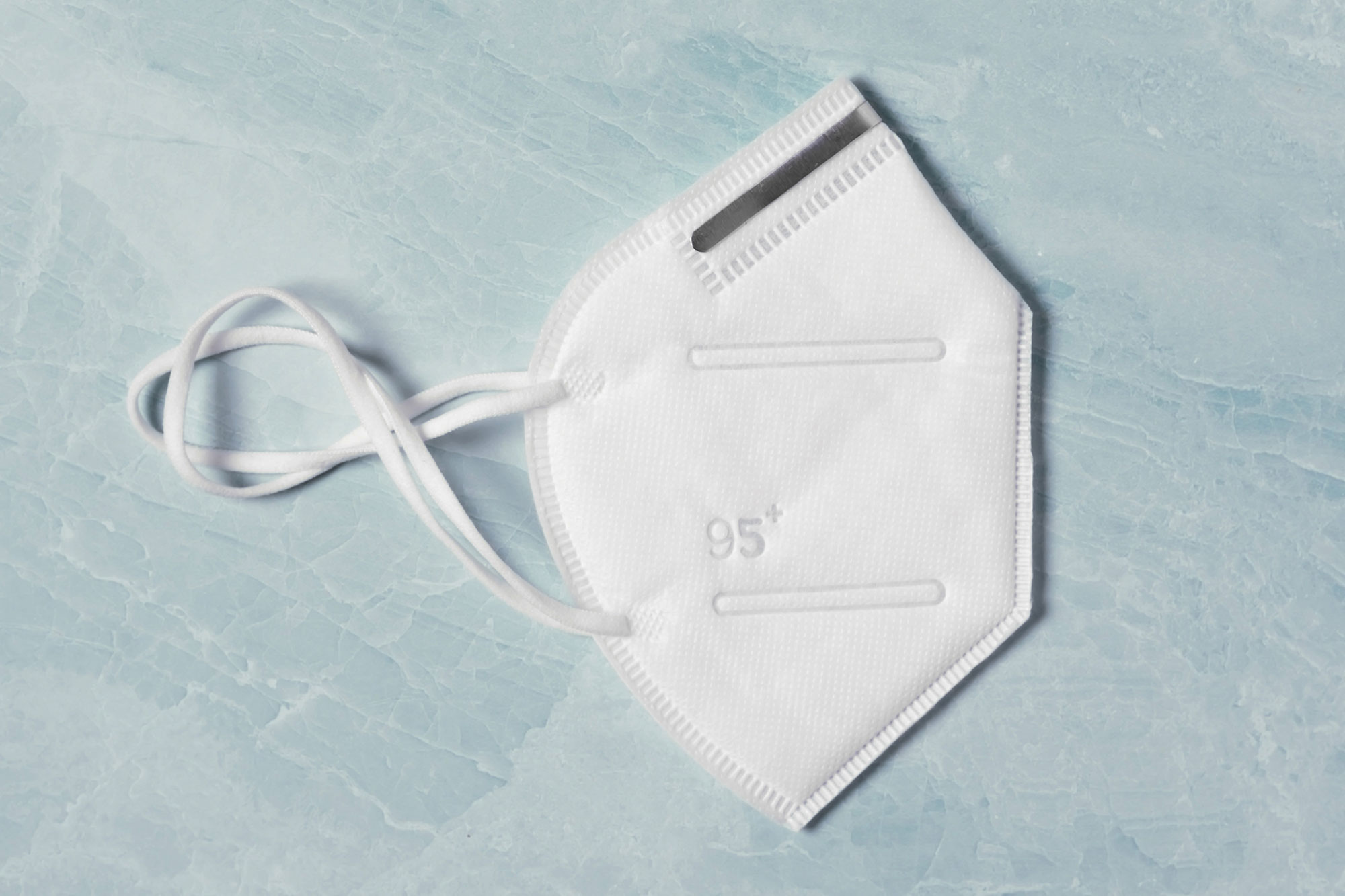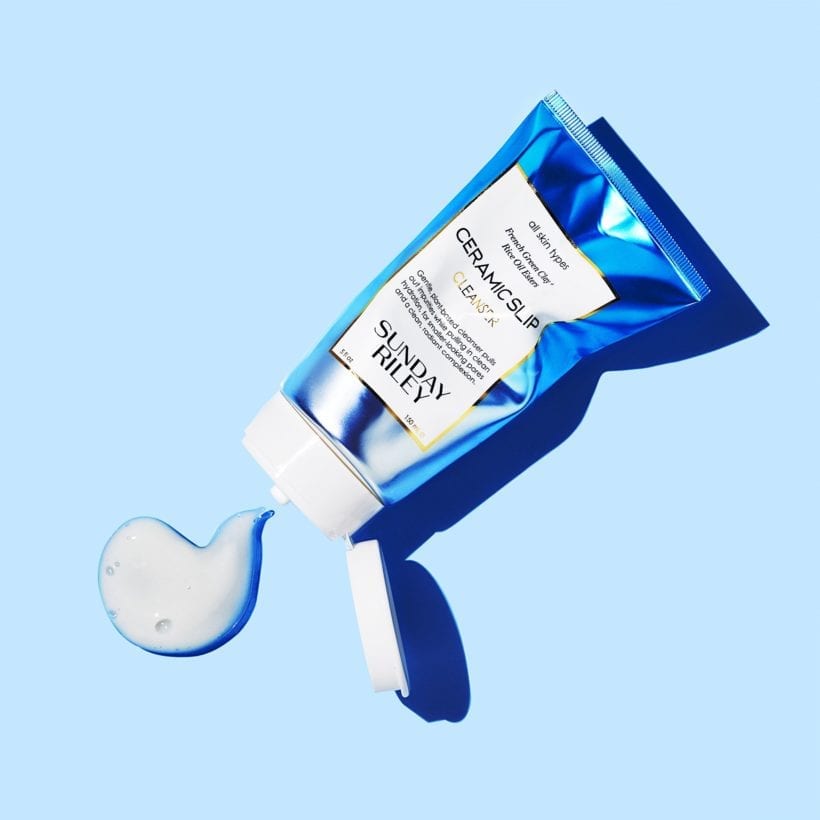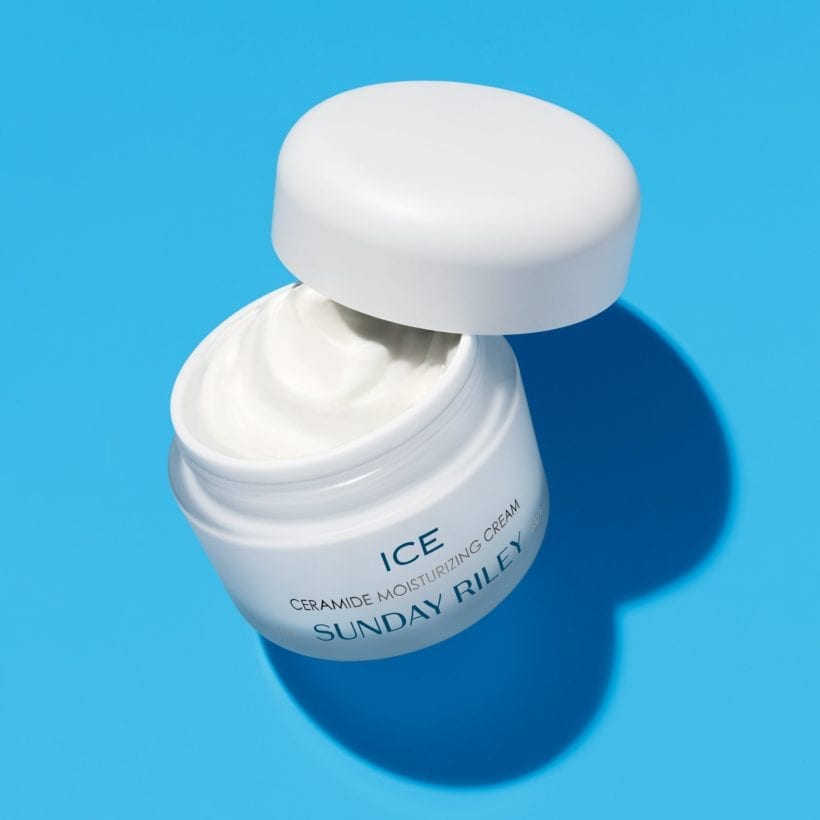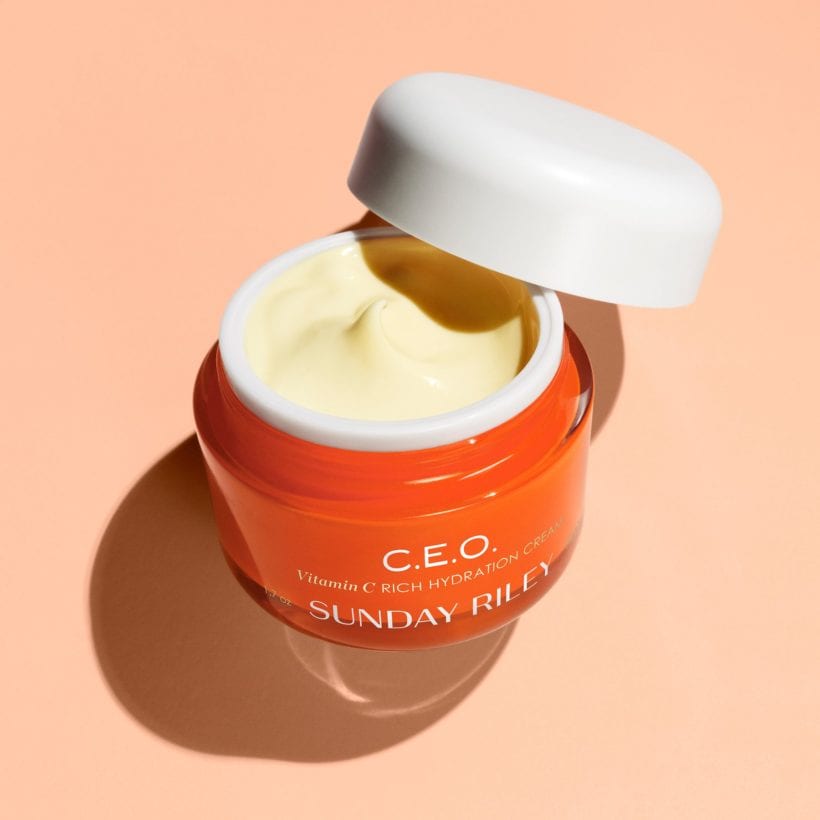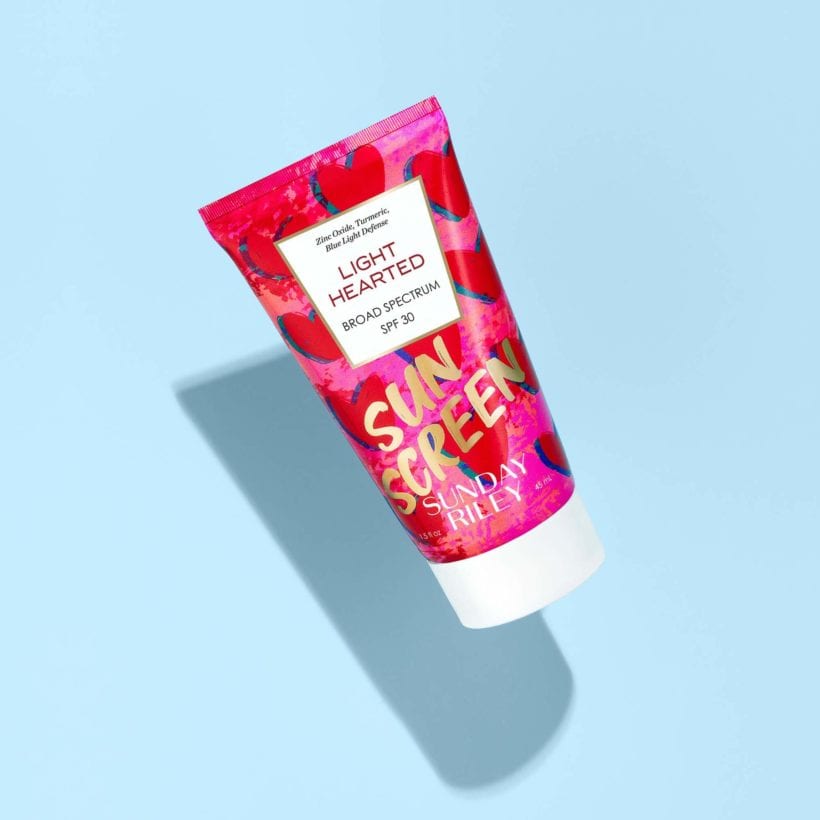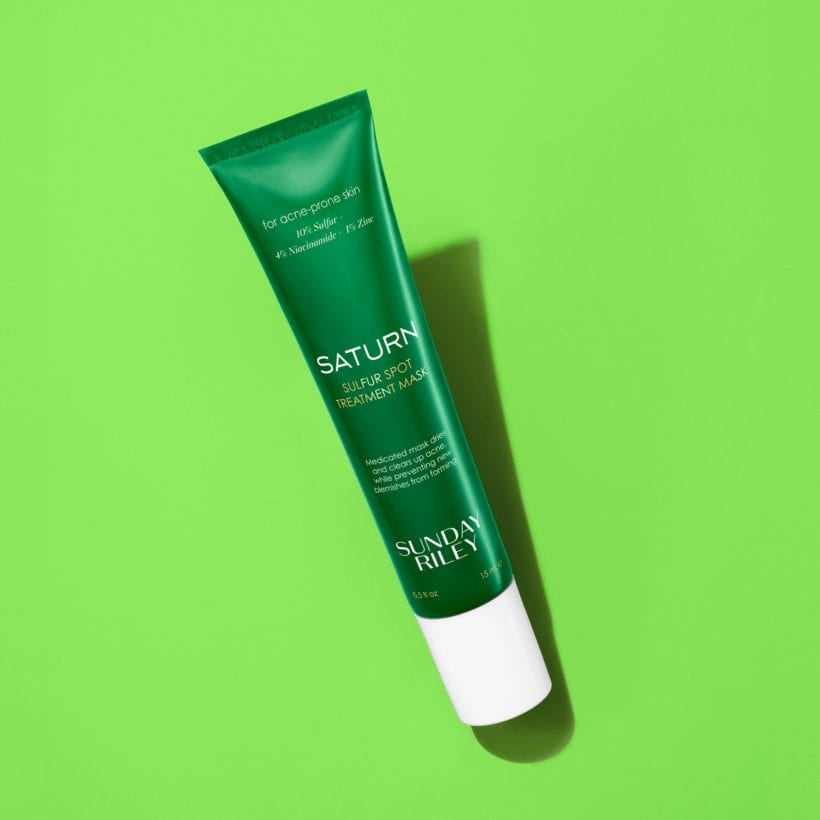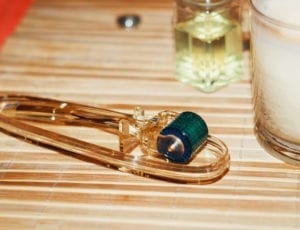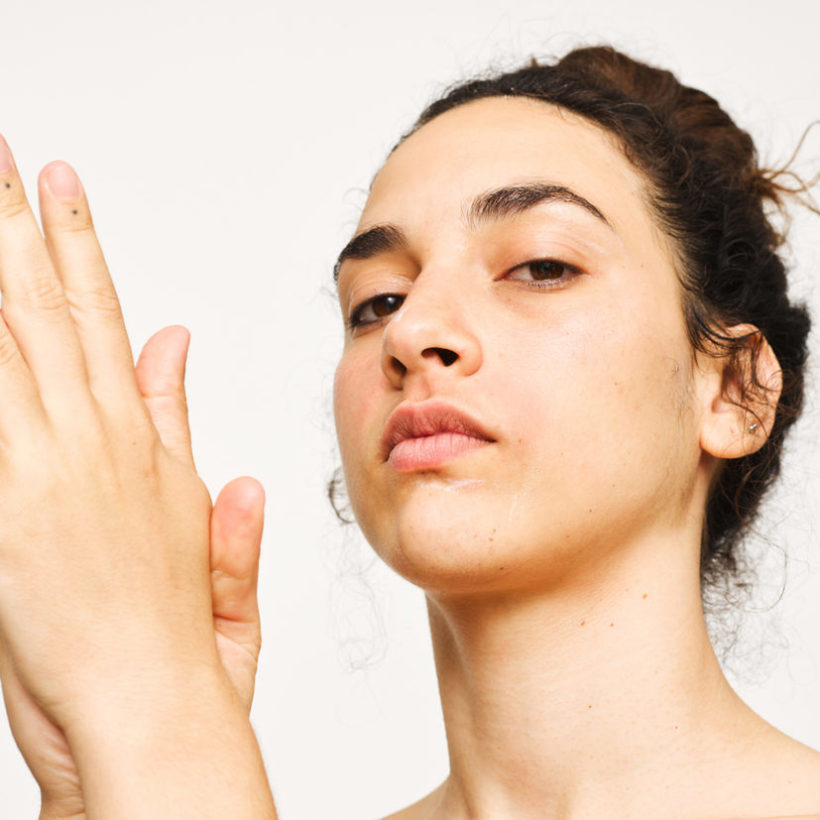At the beginning of the COVID-19 crisis, when getting your hands on a medical-grade surgical mask was roughly as easy as taking a bath in Purell, I ordered a bunch of homemade cloth masks on Etsy. As the primary caretaker for my elderly, immunocompromised mother (not to mention my two school-age children), I was very stressed out about getting COVID-19. I wore masks everywhere — climbing up and down the ten flights of stairs to my apartment (I was avoiding the elevator), hanging outside my window banging pots in appreciation of front-line workers every night at 7 p.m., standing six feet away from my fellow shoppers at the grocery store. I even wore them while jogging in Central Park. The masks got dirty quickly, but it was hard to keep up with the laundry while working full-time from my living room and overseeing my kids’ homeschooling. I laundered them maybe once a week. But no amount of Woolite could remove the grimy residue of my tinted chemical sunscreen from the interiors. Pretty soon, I had an extensive collection of these filthy homemade masks — I called them my “face diapers” — hanging from a makeshift rack of nails I’d hammered into the side of a cabinet in my kitchen. And you know what else I had? A chin teeming with angry, cystic acne.
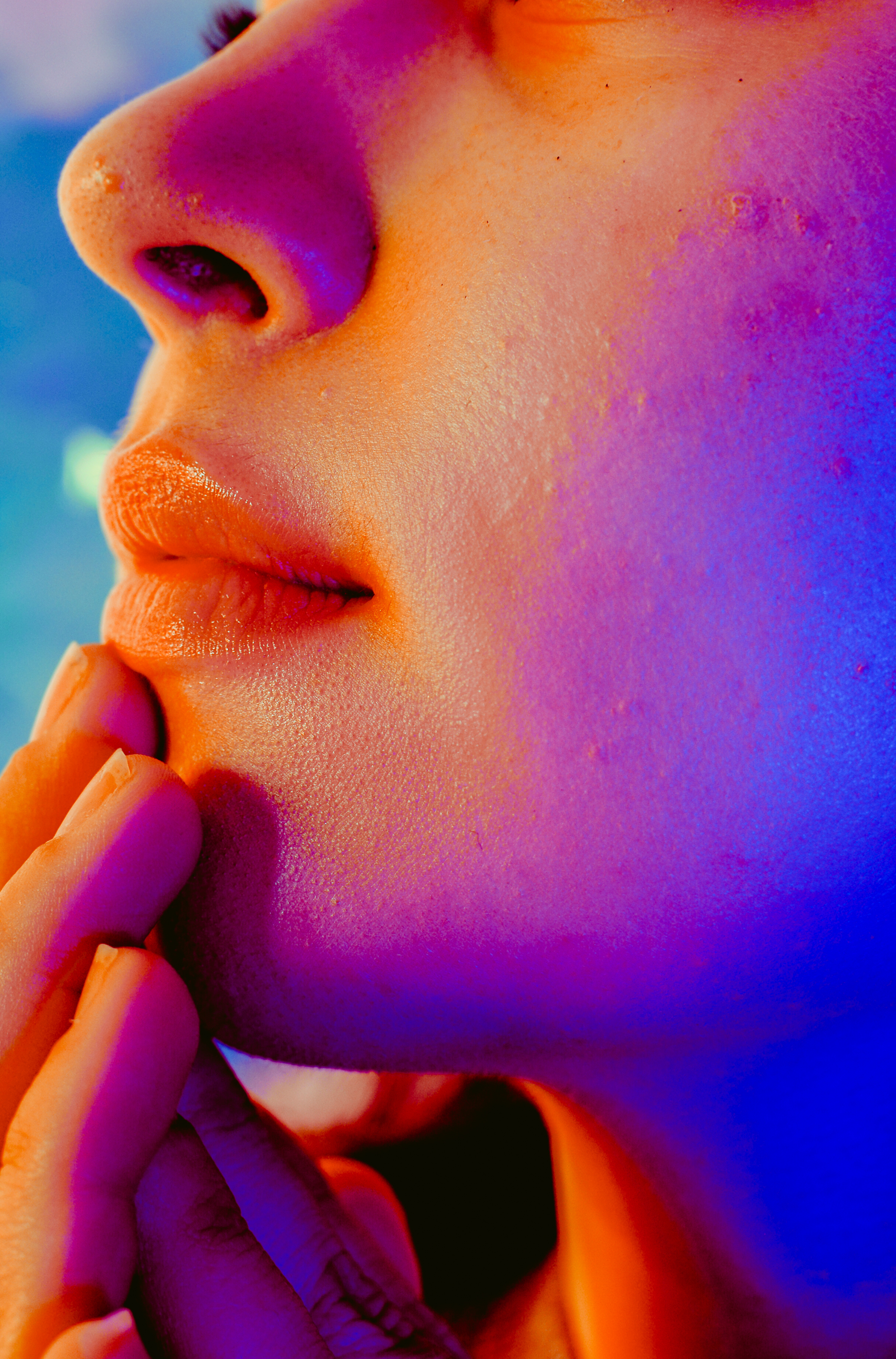
I was 48 years old at the time and hadn’t experienced this kind of breakout since I was in my early 20s. And apparently, I wasn’t the only middle-aged adult scrambling for a tube of benzoyl peroxide for the first time in over 30 years. Rates of adult acne soared during the pandemic, with 45% of those surveyed reporting their acne worsened, 27% reporting relapses, and 7% saying they were experiencing acne for the first time, according to a study published in the December 2021 issue of the Journal of Cosmetic Dermatology. “I definitely saw an increase in adult acne in my practice,” says Dr. Dhaval Bhanusali, a board-certified dermatologist in New York City. And masks, which create a warm, occlusive environment where bacteria can fester, weren’t the only culprit. As I was scrubbing bags of Doritos in my bathtub and plastering my living room with Lysol, my oil glands were also going bonkers. “Stress causes an increase in cortisol, which promotes sebum production. And the more oil production you have, the more clogged pores and breakouts you have.” Stress can also cause hormonal fluctuations, triggering acne on the chin, lower cheeks, and jaw area. “The pandemic created the perfect storm for acne,” says Bhanusali, noting that rosacea also worsened during this time. “Masks rub against the skin, which can damage the skin barrier, making the skin red and inflamed.”
Fast forward three years, and it’s starting to look like COVID-19 might be here to stay. We’ve learned a lot of new things about maskne since the first year of the pandemic. So, how can you stay safe while keeping your skin clear? We asked the experts so you wouldn’t have to.
Keep Your Mask Clean
Though cloth masks have the appeal of cute patterns and prints, ultimately, what worked for me was giving up cloth masks entirely. And we have since learned from the CDC that cloth masks are the least effective in protecting against the virus. Instead, I purchase disposable masks in bulk from Amazon every couple of months and wear a fresh one every single day. Since making this change, my maskne has completely disappeared. If buying surgical masks seems cost prohibitive, then you need to be very disciplined about washing your cloth masks regularly. “In my experience, most of the people who came to see me were washing their masks maybe once a week,” says Bhanusali. “It needs to be done every day.” And don’t worry: you don’t need some fancy antibacterial spray — warm, soapy water will do the trick.
Commit to a Gentle Daily Cleansing Regimen
As soon as you come in from outside and take your mask off, wash your face with a mild, fragrance-free cleanser like Sunday Riley Ceramic Slip. This plant-based wash removes dirt and impurities with oil-absorbing green clay, bentonite, and white kaolin while softening skin with rice and olive oil esters — ingredients that help preserve the all important skin barrier.
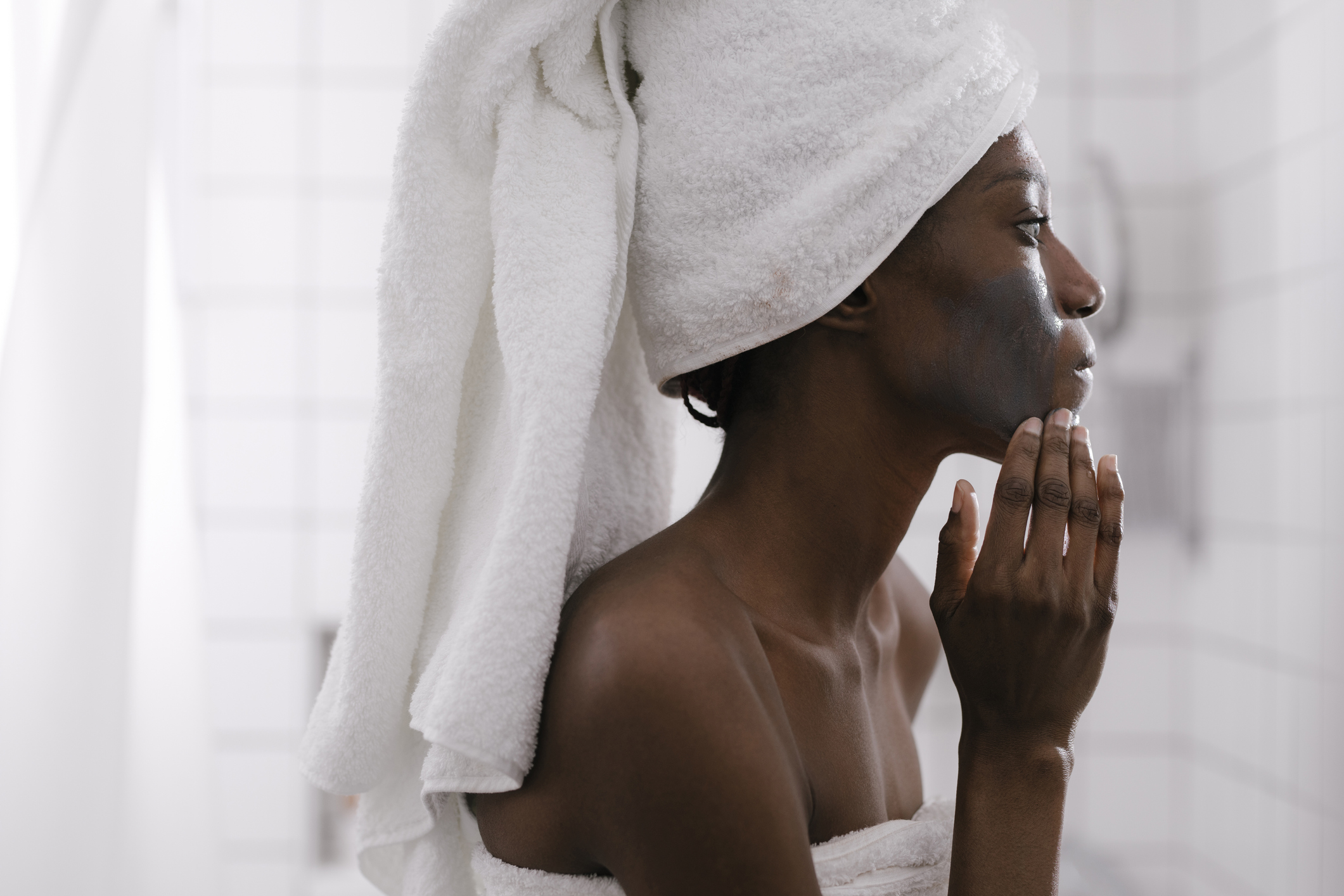
Exfoliate Skin Before Bed
After gently patting skin dry, apply a potent retinoid like A+ High Dose Retinoid Serum. This formula combines a stabilized form of retinol with Coenzyme Q 10, a lipid-soluble antioxidant that helps scavenge free radicals, thus reducing inflammation (if you are new to retinoids, start by using this every other day and work up to daily use). Follow with a light but hydrating moisturizer such as ICE Ceramide Moisturizing Cream.
Protect and Hydrate in the A.M.
Use a moisturizer like C.E.O Vitamin C Rich Hydration Cream in the morning to take advantage of its free radical scavenging properties. The last step in your morning routine: a broad-spectrum sunscreen like Light Hearted Broad Spectrum SPF 30. Retinoids can potentially make skin photosensitive, so it’s more important than ever that you protect skin from UV rays while treating acne.
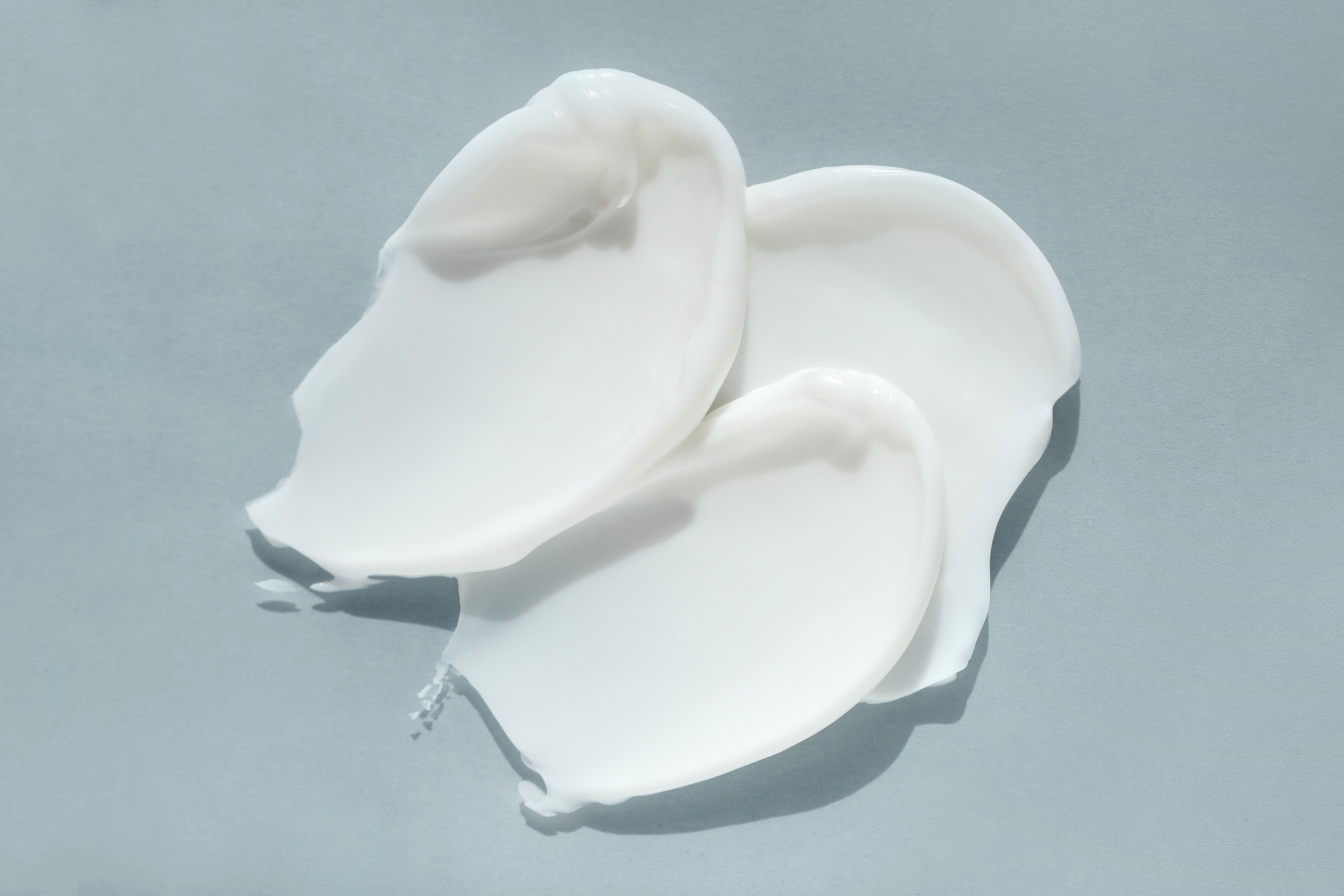
Resist the Urge to Overdo it With Harsh Ingredients
When my skin was breaking out, I would use a wipe medicated with salicylic acid every time after I washed my face. More is better, right? No! Overusing acids—and any other aggressive active ingredient—can thin skin, making it more fragile and inflamed. Try using a product like Good Genes Glycolic Acid Treatment just once a week. This will keep skin glowing and clear without overstripping it. If you have really oily skin, Dr. Bhanusali also recommends using a mask formulated with clay or kaolin once a week (try Saturn Sulfur Spot Treatment Mask).
…And No Popping Pimples!
Whatever you do: Avoid picking at acne, which will leave you with scars. To deter yourself from this bad habit, consider applying hydrocolloid gel bandages to cystic acne overnight. If you already have scars, lasers can help. So can a dose of self-acceptance — and humor. Consider Tina Fey’s point of view in her book, Bossypants: “I wouldn’t trade the acne scar on my right cheek [for anything], because that recurring zit spent more time with me in college than any boy ever did.”
We only recommend products we have independently researched, tested, and loved. If you purchase a product found through our links, Sunday Edit may earn an affiliate commission.
